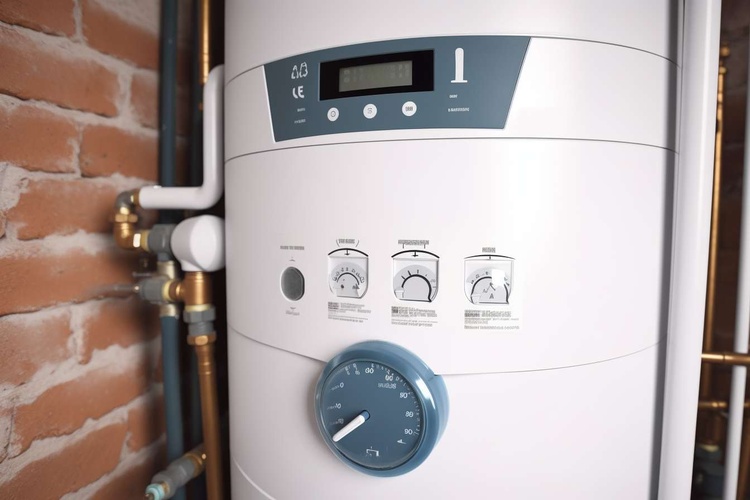Understanding Home Value Tools: A Comprehensive Guide to Property Valuation
Getting an accurate estimate of your home's value is crucial for various financial decisions, from refinancing to selling. Modern home value tools have revolutionized how property owners access this vital information. Let's explore how these tools work and what insights they can provide about your property's worth.

What Is a Home Value Tool and How Does It Work?
Home value tools, also known as automated valuation models (AVMs), are digital platforms that estimate property values using complex algorithms. These systems analyze multiple data points, including recent sales of comparable properties, historical price trends, and public records. The tools combine this information with mathematical models to generate an estimated market value for a specific property.
What Information Do You Need for a Home Value Estimate?
To receive an accurate property valuation, you’ll typically need to provide:
-
Property address
-
Basic home characteristics (square footage, number of bedrooms/bathrooms)
-
Recent improvements or renovations
-
Current property condition
-
Lot size and special features
Some tools may request additional details for more precise estimates.
How Reliable Are Automated Home Value Estimates?
The accuracy of home value tools varies depending on several factors. While most reputable platforms claim a median error rate of 2-6%, accuracy can fluctuate based on:
-
Market activity in your area
-
Property uniqueness
-
Data availability
-
Recent market changes
It’s important to consider these estimates as starting points rather than definitive values.
Why Are Homeowners Surprised by Their Property Estimates?
Many homeowners experience surprise when receiving automated valuations because:
-
Recent improvements may not be reflected in public records
-
Unique property features might be overlooked by algorithms
-
Local market conditions can change rapidly
-
Emotional attachment can affect personal value perception
-
Seasonal market fluctuations may impact estimates
What Additional Property Insights Do These Tools Provide?
Beyond basic valuations, modern home value tools often offer:
-
Historical price trends
-
Local market analysis
-
Neighborhood demographics
-
School ratings
-
Property tax history
-
Potential return on investment calculations
-
Market competition insights
Popular Home Value Tools and Their Features
| Tool Name | Key Features | Accuracy Range |
|---|---|---|
| Zillow Zestimate | Market trends, tax history | ±4.3% |
| Redfin Estimate | Real-time updates, comparable sales | ±2.8% |
| Realtor.com | Multiple data sources, price history | ±3.9% |
| Chase Home Value Estimator | Bank-grade data, refinance tools | ±5.2% |
Prices, rates, or cost estimates mentioned in this article are based on the latest available information but may change over time. Independent research is advised before making financial decisions.
Home value tools have become essential resources for property owners, buyers, and sellers. While these platforms provide valuable insights, it’s recommended to use multiple sources and consult with local real estate professionals for the most accurate property valuation. The technology continues to improve, making these tools increasingly reliable for initial property value assessments.




